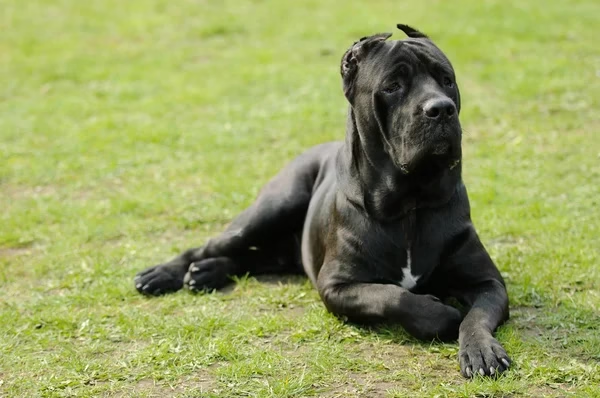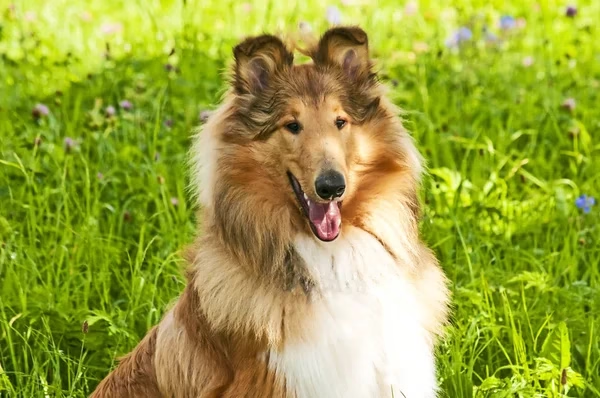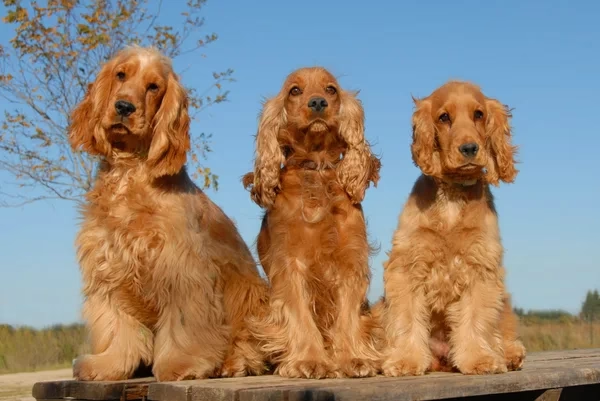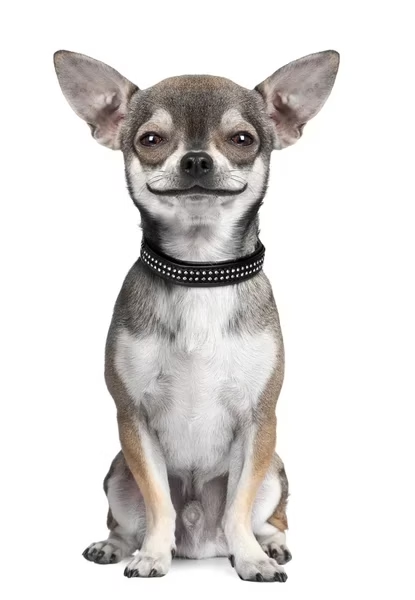Introduction
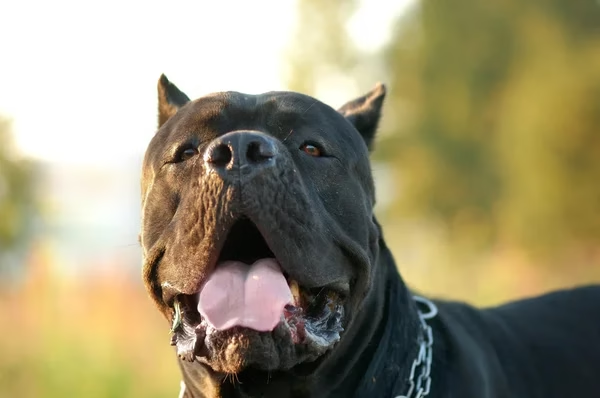
The Cane Corso is a powerful and confident breed known for its loyalty, intelligence, and protective nature. With deep roots in Italian history, this breed excels as a family guardian and working companion. Despite its imposing appearance, the Cane Corso can be a devoted and gentle pet in the right environment.
Cane Corso Breed Overview
| Trait | Details |
|---|---|
| Breed Name | Cane Corso |
| Origin | Italy |
| Size | Large |
| Weight | 88–110 pounds (40–50 kg) |
| Lifespan | 9–12 years |
| Temperament | Loyal, Protective, Intelligent |
| Coat | Short, Dense |
| Colors | Black, Gray, Fawn, Red, Brindle |
| Activity Level | High |
| Good with Kids | Yes (with early socialization) |
| Trainability | High (with experienced owner) |
The History of the Cane Corso
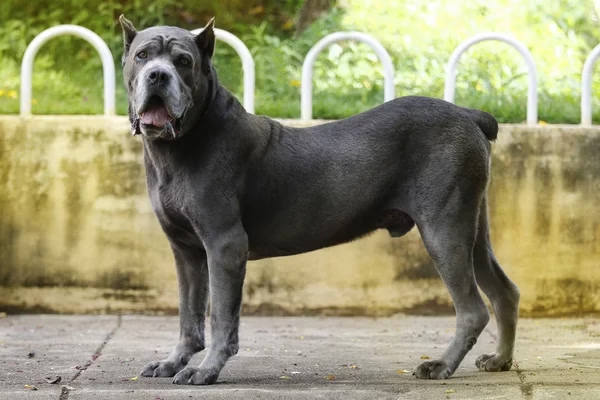
The Cane Corso traces its lineage back to Roman war dogs. Originally bred in Italy, these dogs were used for hunting large game and guarding property. Over time, the Cane Corso became a valued farm dog and protector of families, especially in Southern Italy. The breed was nearly extinct by the 1970s but made a strong comeback thanks to dedicated breeding efforts.
Appearance and Traits
The Cane Corso is muscular and athletic, with a large head, expressive eyes, and a commanding presence. Their short, double-layer coat is weather-resistant and easy to groom. Despite their tough exterior, they form strong bonds with their families.
Temperament: Loyal Yet Assertive
Cane Corsos are known for their calm, confident nature. They are very affectionate with their families and naturally suspicious of strangers, making them excellent protectors. While not aggressive without cause, they require socialization to ensure balanced behavior.
Is a Cane Corso a Good Family Dog?
Yes, but with the right owner. Cane Corsos thrive in homes with experienced dog owners who can provide structure and training. They are usually good with children and other pets when raised together, but supervision is necessary due to their size and guarding instincts.
Are Cane Corsos High Maintenance?
Moderately. Their coat is easy to manage with weekly brushing. However, their strong will and energy levels require daily exercise and mental stimulation. Regular training, socialization, and a secure home environment are crucial for a well-adjusted Cane Corso.
What Are the Disadvantages of a Cane Corso?
- Not for first-time owners: Requires firm leadership.
- Size and strength: Needs handling experience.
- Strong guarding instincts: Early socialization essential.
- Health issues: Prone to joint and eye problems.
- Legal restrictions: Banned or restricted in some areas.
Do Cane Corsos Bark a Lot?
No, Cane Corsos are generally quiet dogs. They will bark only when they feel it’s necessary—usually to alert you to a stranger or threat. Their calm nature makes them good for families seeking a protective but not noisy breed.
Training Tips
Start training and socialization early. Positive reinforcement and consistency work best. Avoid harsh discipline—it can lead to resistance. Use obedience classes and structured environments to help shape their behavior. Mental challenges, such as puzzle toys or scent games, are excellent for their intelligence.
Exercise Needs
This breed is athletic and needs daily physical activity. Long walks, hikes, and play sessions in a secure yard are ideal. Bored Cane Corsos may develop unwanted behaviors, so be proactive with exercise and mental stimulation.
Grooming Routine
- Brushing: Once or twice a week.
- Bathing: Every 1–2 months.
- Ear care: Check and clean weekly.
- Dental and nail care: Maintain monthly.
They shed moderately, and grooming helps reduce loose fur and keeps their coat healthy.
Health and Common Issues
While generally hardy, Cane Corsos may be prone to:
- Hip and elbow dysplasia
- Entropion (eyelid condition)
- Bloat (gastric torsion)
- Demodectic mange
- Heart disease
Regular vet checkups, proper diet, and joint supplements can help manage these risks.
Pros and Cons of the Cane Corso
| Pros | Cons |
| Excellent family guardian | Needs an experienced owner |
| Intelligent and trainable | Can be stubborn without structure |
| Minimal grooming needs | May be restricted in some regions |
| Loyal and affectionate | Strong prey and protective instincts |
Fun Facts About Cane Corsos
- Their name comes from Latin: “Cane” (dog) and “Cohors” (guardian).
- They were once used to hunt wild boar.
- Featured in Italian art dating back centuries.
- Known for making strong eye contact with their owners.
Final Thoughts on the Cane Corso
The Cane Corso is not just a protector but also a deeply loyal family companion. With proper training, socialization, and responsible ownership, this breed thrives as both a working dog and a loving household member. If you’re looking for a powerful, intelligent dog with devotion to family, the Cane Corso is an excellent choice.
Internal Link
Explore our guide on signs of a healthy pet to keep your Cane Corso in peak condition.
External Link
Visit the AKC Cane Corso page for official breed standards and information.
